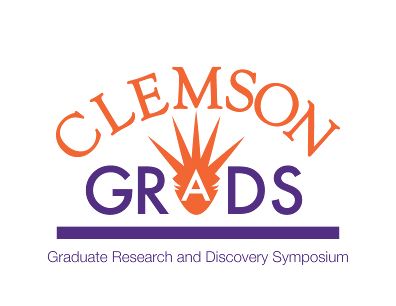Graduate Research and Discovery Symposium (GRADS)
From tiny butterflies to distant planets: Recent advances in Magnetic Rotational Spectroscopy
Document Type
Poster
Publication Date
Spring 2015
Abstract
Recent advances in the fields of soft and composite materials have led to the development of Magnetic Rotational Spectroscopy (MRS) – a technique for analysis of viscous and elastic properties of complex fluids such as gels and polymer solutions, characterization of magnetic properties of nanoparticles, and as recently discovered in our lab, detection of weak magnetic fields. MRS takes advantage of characteristic features of rotation of magnetic nanorods in liquids, when subjected to a uniformly rotating magnetic field. These features of rotation are very sensitive to the viscosity of the liquid, the magnetization of the nanorod, and constant external magnetic field. The small size of the probes (nanorods) and sensitivity of the method allows for extremely accurate measurements at micrometer scale. We demonstrate exciting applications of this technology in biology, where MRS is being used to study butterfly saliva, in materials science, where MRS is being used to study magnetic properties of magnetic nanorods, and in space exploration, where MRS can be used for weak magnetic field mapping of planets.
Recommended Citation
Aprelev, Pavel, "From tiny butterflies to distant planets: Recent advances in Magnetic Rotational Spectroscopy" (2015). Graduate Research and Discovery Symposium (GRADS). 180.
https://open.clemson.edu/grads_symposium/180


